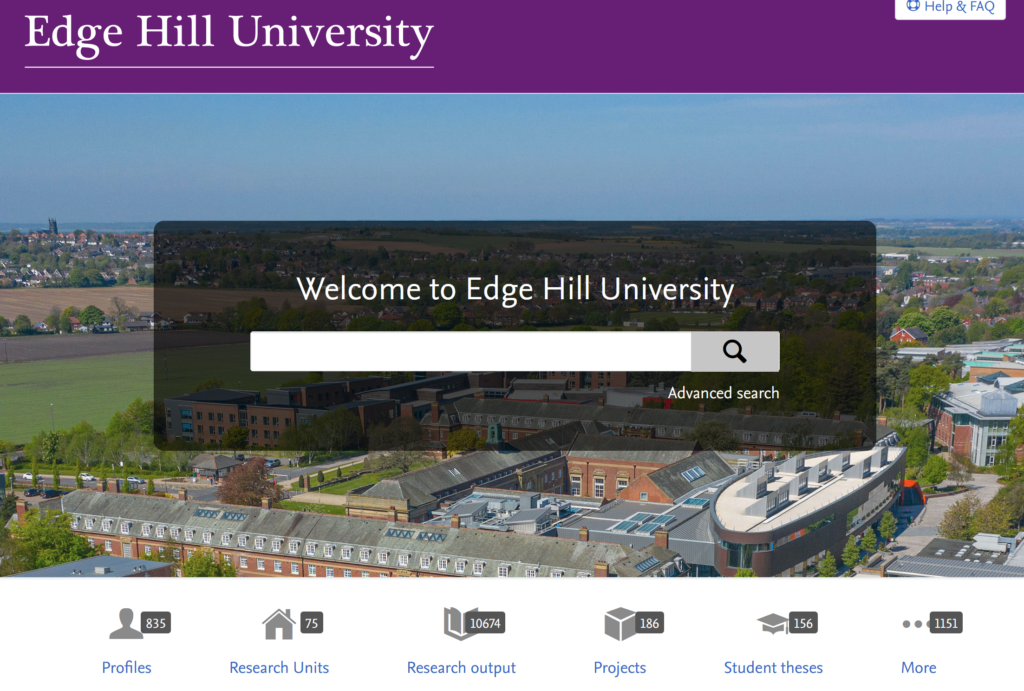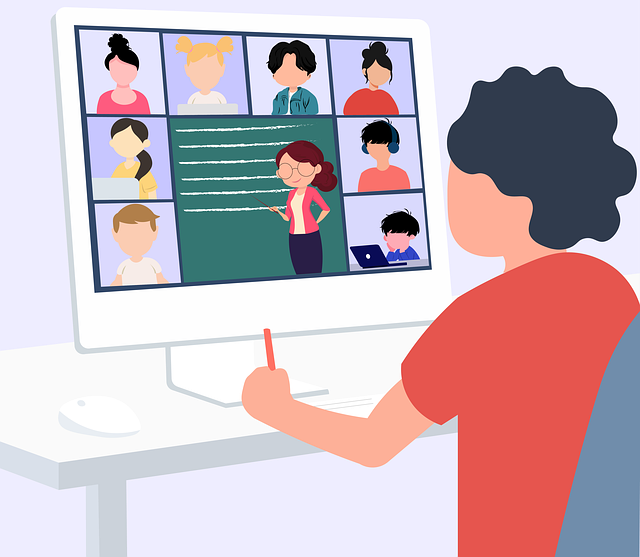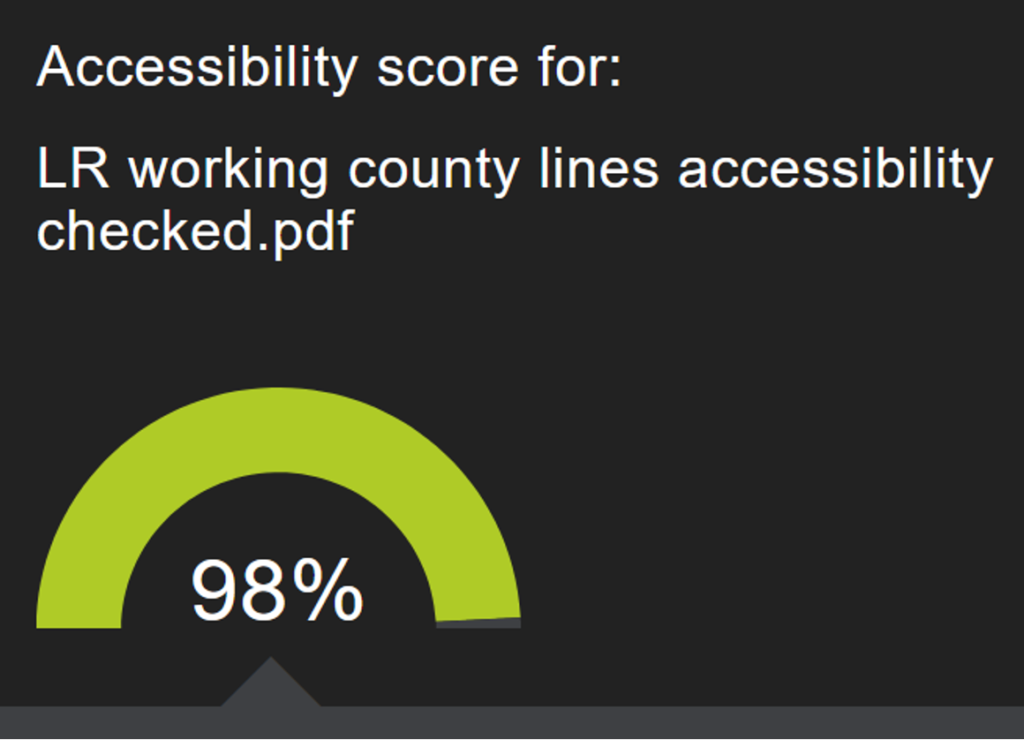We share what we’re doing to make the most popular research in Edge Hill Pure fully accessible, so everyone can learn and build upon it.

Edge Hill research in Pure
There is a LOT of research in Pure, the University’s Research Information Repository. Edge Hill academics have deposited over 10,000 items now, helping people such as students or members of the public access and enjoy everything we do in one place.
Lots of research comes in the form of journal articles, book chapters and conference papers in PDF or Word format. Unfortunately, many of these documents are not accessible. The images don’t have alternative text, the headings aren’t marked, and the reading order is assumed but unclear. This is hard to navigate with when using a screen reader, so someone with a visual impairment (for example) may not get the most out of the content.
So, what are we doing to help?
The vast scale of Pure and the small size of our Research Support Team means we can’t covert everything and make it accessible. In our Accessibility Statement, we offer to make accessible versions on demand, through our feedback form. However tackling the whole repository would be an overwhelming one, and represents a ‘disproportionate burden’. We want to help despite these challenges, and are committed to improving Pure for everyone.
Examining the download numbers in Pure, we found that 30 research outputs have been downloaded more than 300 times. These are our initial focus and we have now created accessible versions for almost all of them. Here are a few highlights:
Example 1: Workplace politics in semi-professional football ⚽
‘Micropolitical Workings in Semi-Professional Football’ by Paul Potrac and Robyn Jones (2009). DOI: https://doi.org/10.1123/ssj.26.4.557

This fascinating piece of narrative research from our Sport and Physical Activity department explains the issues confronted by Gavin (a pseudonym) as he becomes manager of a semi-professional football club. The researchers describe how Gavin is confronted by a series of political challenges as he becomes manager: (sample quote: “I quickly learnt that I had to keep my wits about me and think carefully about who I spoke to”) and consider this within frames such as Erving Goffman’s presentation of the self and Ball’s micro-political perspective.
The original version in Pure was an ‘untagged PDF’. Tags add helpful coding behind the scenes which provides a logical structure for the content to be presented by assistive technology. For example, the title and section headings are marked so as to distinguish them from the body text. A tagged PDF therefore, makes the document accessible to everyone.
Example 2: adapting to the pandemic
‘Twelve tips for rapidly migrating to online learning during the COVID-19 pandemic’ by John Sandars et al. (2020). DOI: https://doi.org/10.15694/mep.2020.000082.1

Published in Spring 2020, The research is a reflection of the speedy response needed to meet the demands posed by the pandemic and to keep learning on-track. The piece aims to help educators make the shift to online effectively, and features key principles and practical recommendations for effective and sustainable online learning.
Diagnosing issues in Blackboard Ally, we ensured images in the accessible version all include a description. This means users of screen readers can work with the graph and figure, which illustrate key concepts and processes in the paper.
Example 3: developments and exploitation within the UK drug market
‘Working County Lines: Child Criminal Exploitation and Illicit Drug Dealing in Glasgow and Merseyside’ by Grace Robinson, Robert Mclean, and James Densley (2018).
DOI: https://doi.org/10.1177/0306624X18806742
This was an interesting article to work through. It’s quite a recent development in the world of organised crime. The research is based around Liverpool and Glasgow gangs who target children and vulnerable people with the goal of extending distribution lines and the business with minimal risk of prosecution to themselves.
Making the file accessible was quite a journey. It started off with a Blackboard Ally score of 5% (very bad!). This was later raised to 65. We did this by downloading it in Word, using Microsoft tools to enhance it, and re-formatting using Adobe Acrobat. Not satisfied with 65, we consulted with Laura Riella in Learning Technology Development (LTD) who worked her magic and was able to raise the score to a near-perfect 98.


Going forward, research outputs like this demonstrate that files should be created with accessibility in mind as they can require a great deal of enhancement work and require technical skill to bring them up to standard.
What can Edge Hill researchers do help?
Please deposit research in an accessible format!
When the research outputs that reach Pure have already been made accessible, then they are archived accessible too, please help us by doing this. Research in the 2020s is born-digital, benefitting its users through rapid dissemination. Why can’t it also be born-accessible too?
Making your work accessible
Whether it is research or teaching material, you can learn how to quickly make your work accessible using our accessibility wiki pages: https://go.edgehill.ac.uk/display/ls/Accessibility.
